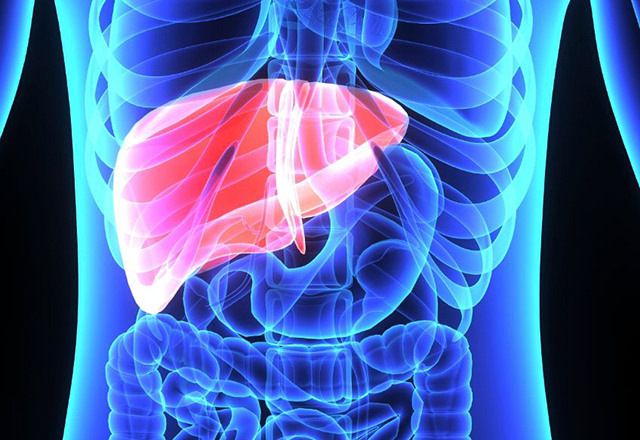The U.S. House of Representatives has approved, as part of its 2023 Federal Aviation Administration (FAA) reauthorization bill, a provision aimed at enhancing efficiencies of the transportation of donor organs through the nation’s commercial aviation system.
Section 834 of H.R. 3934, the Securing Growth and Robust Leadership in American Aviation Act, requires the Secretary of the Department of Transportation (DOT), in consultation with the FAA Administrator, to convene a working group to develop best practices for the transportation of an organ in the cabin of an aircraft.
Read the complete press release from UNOS.








